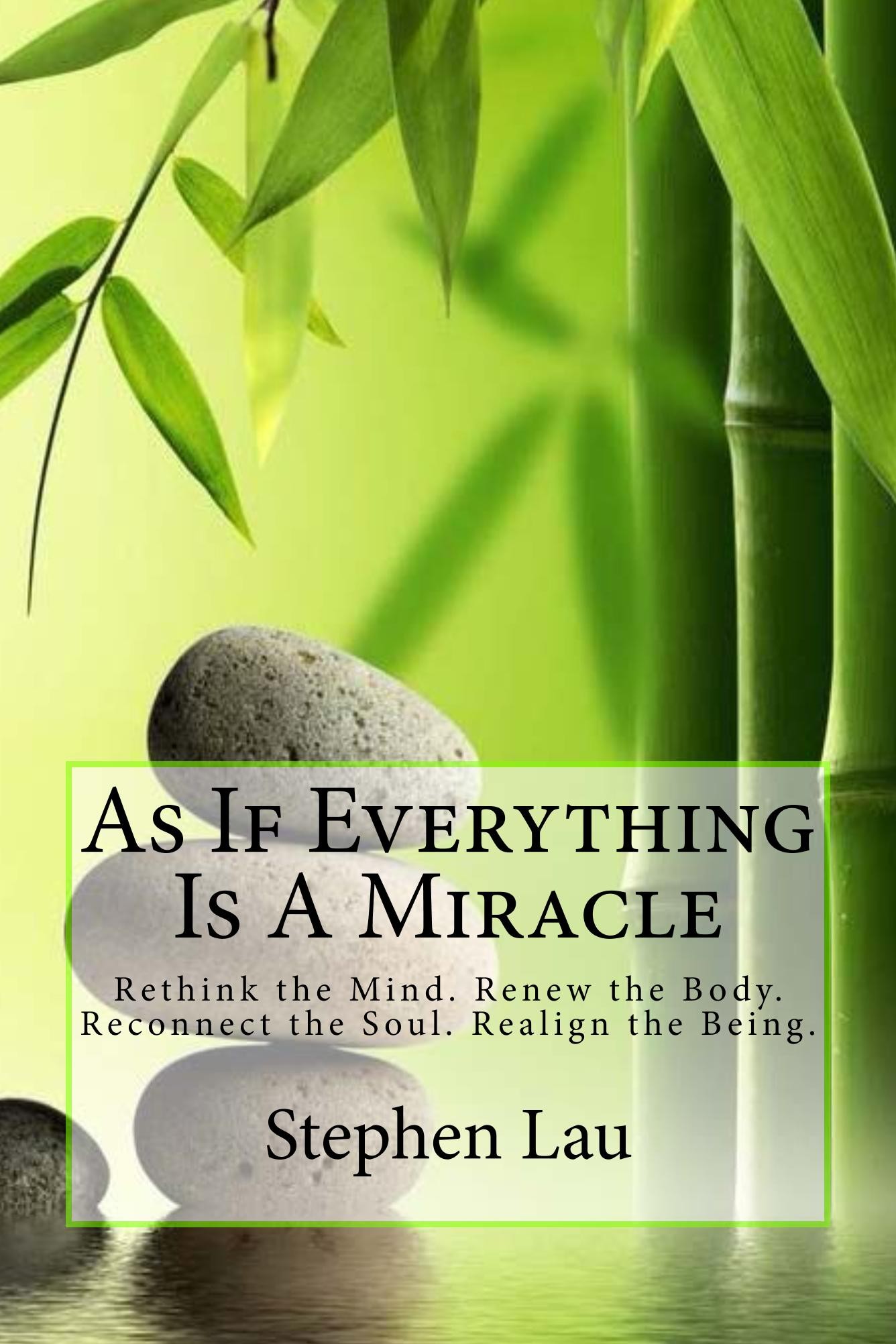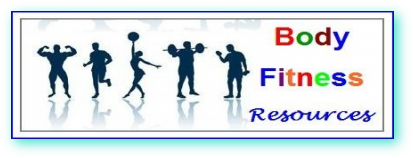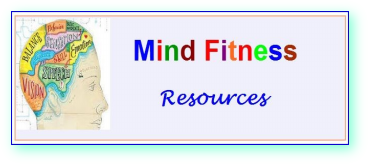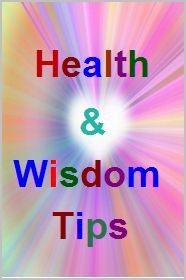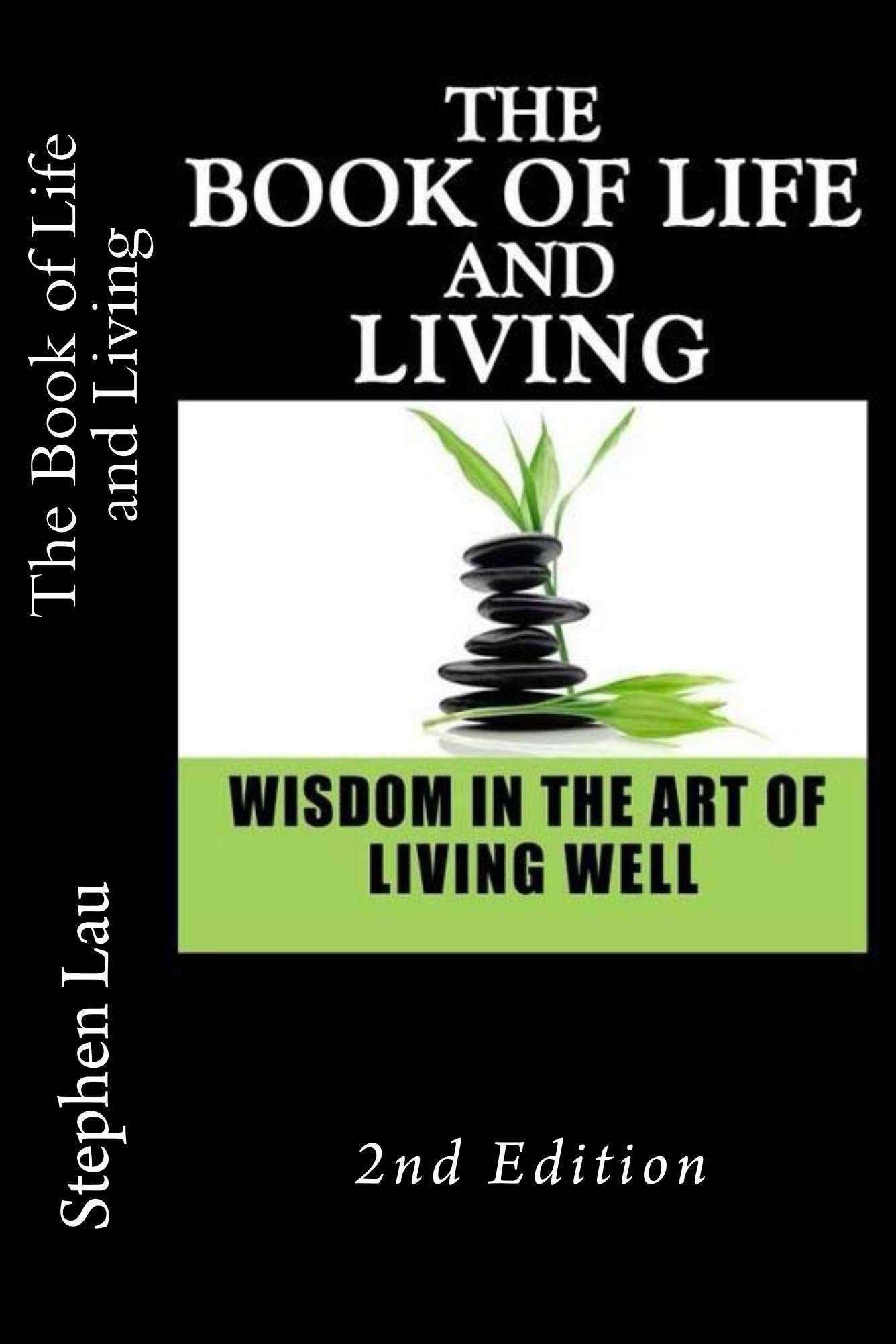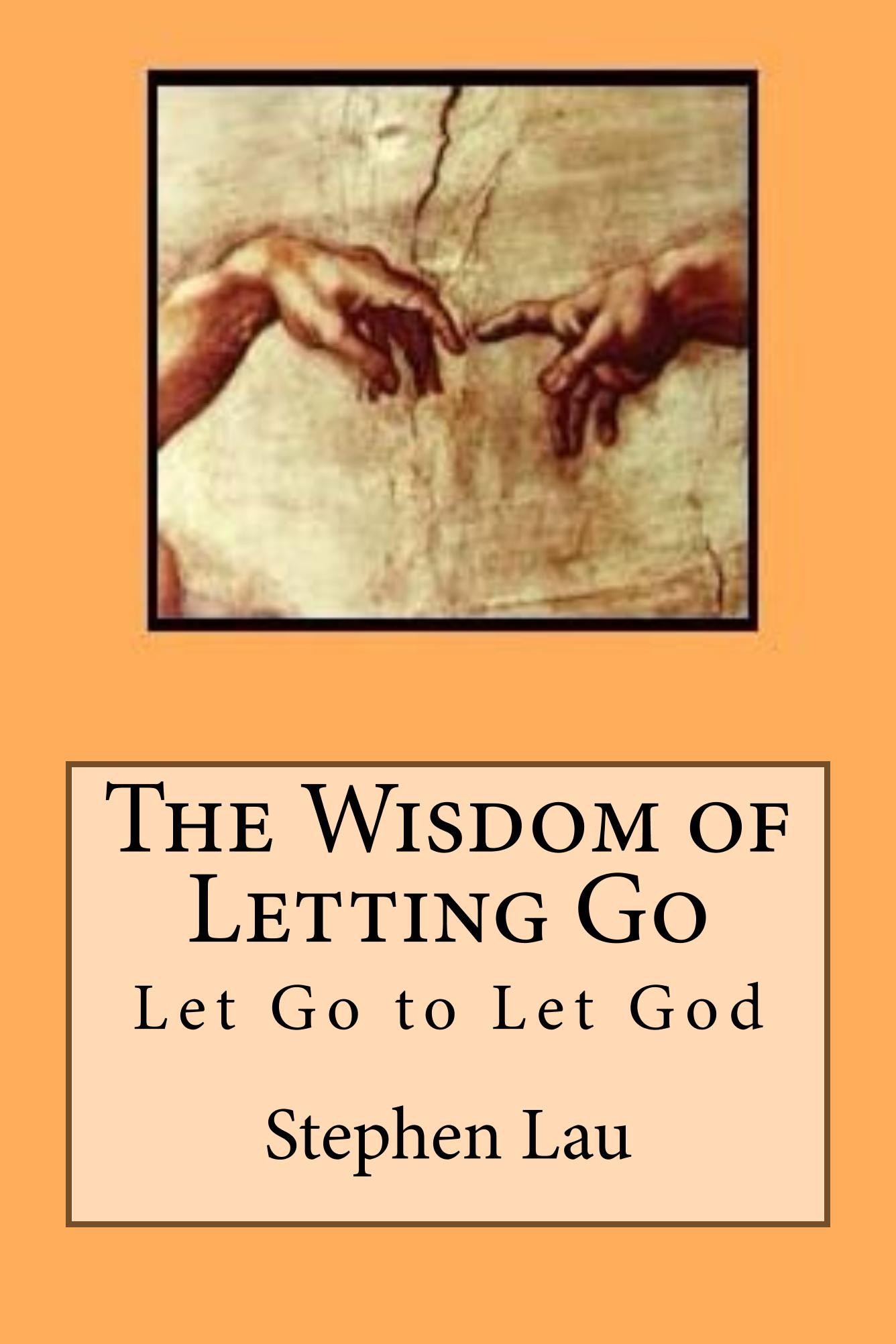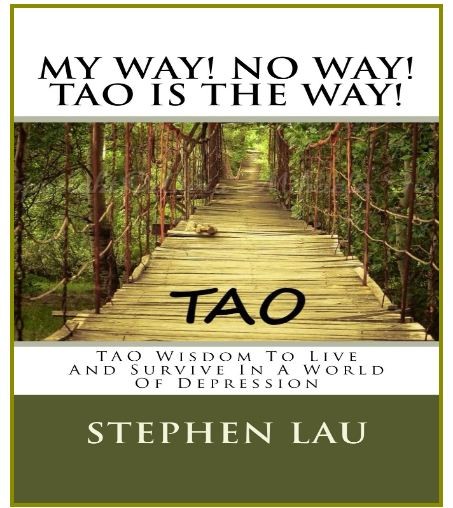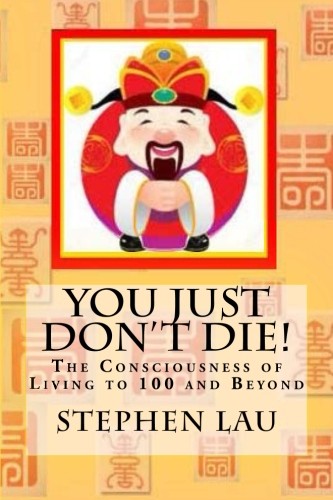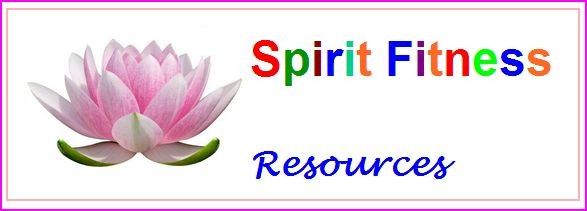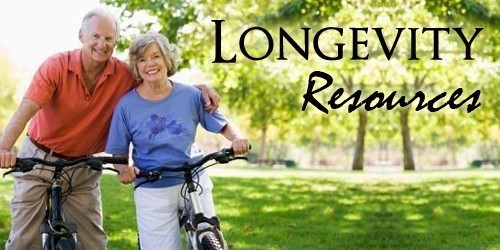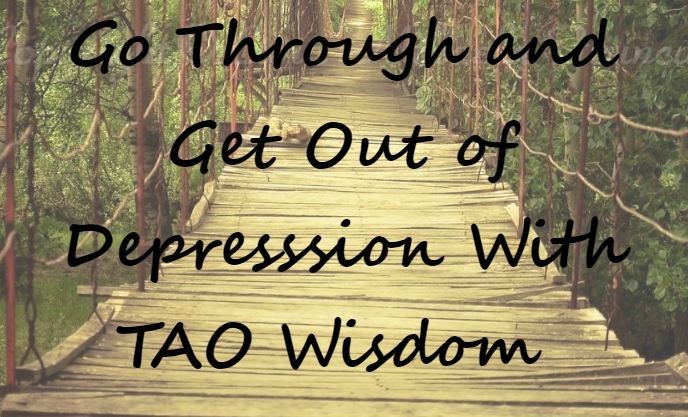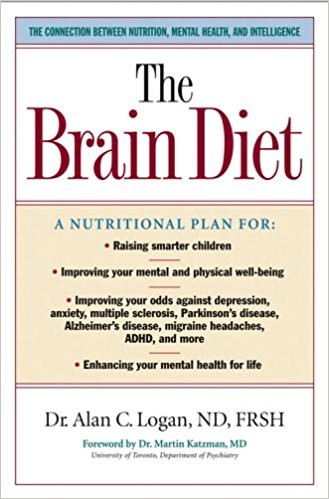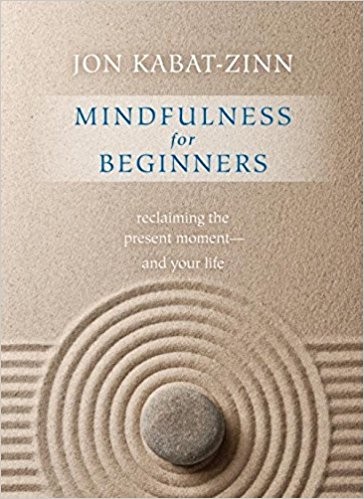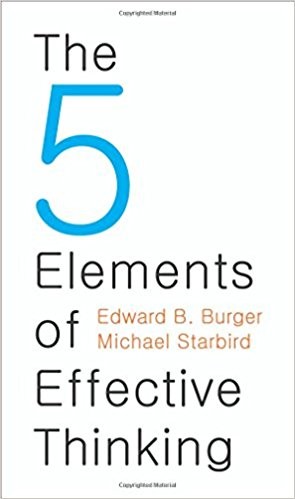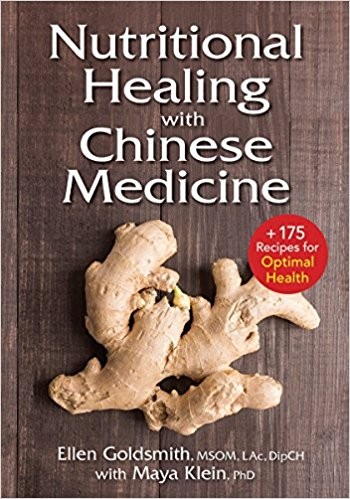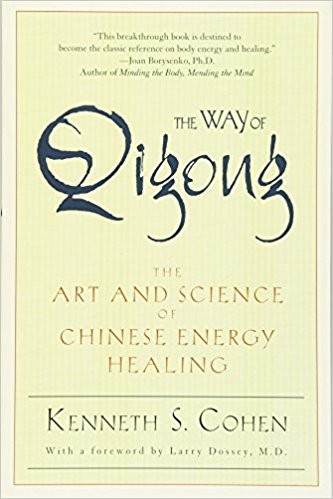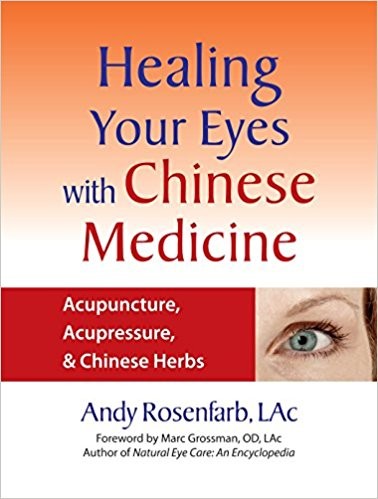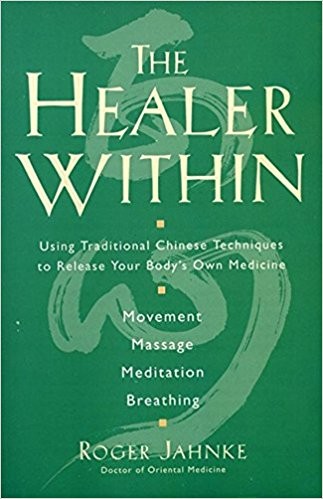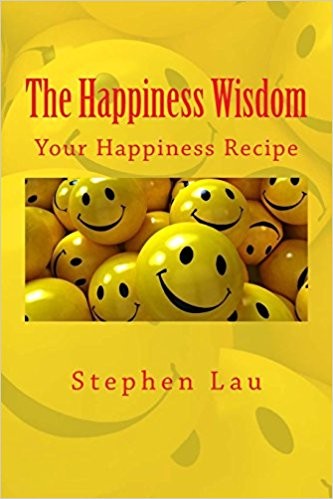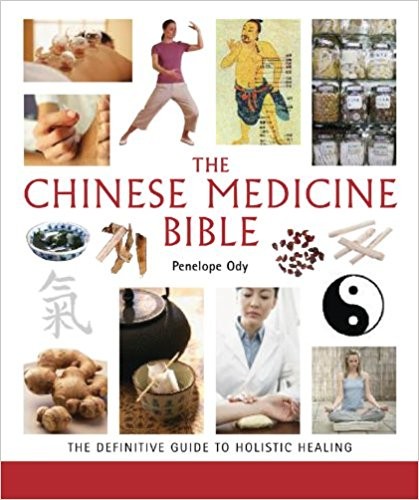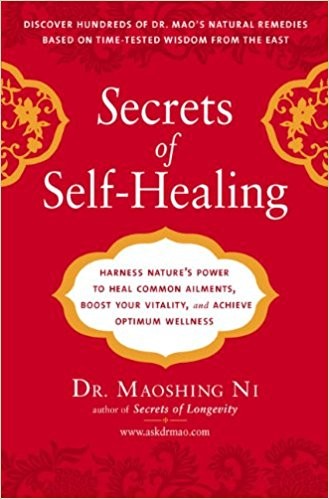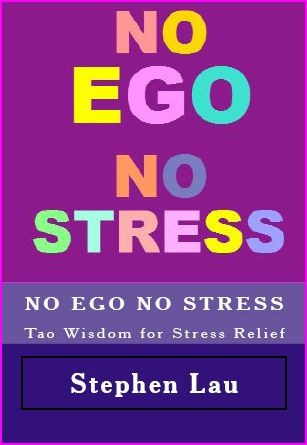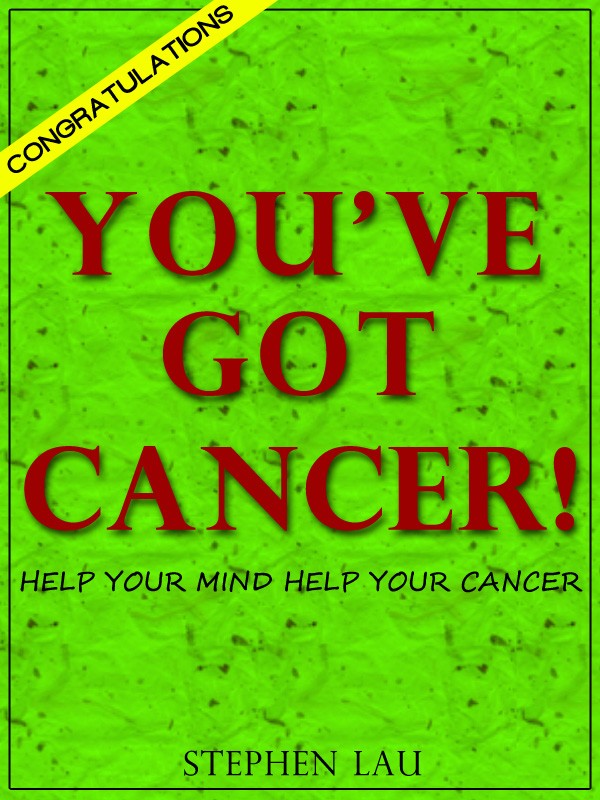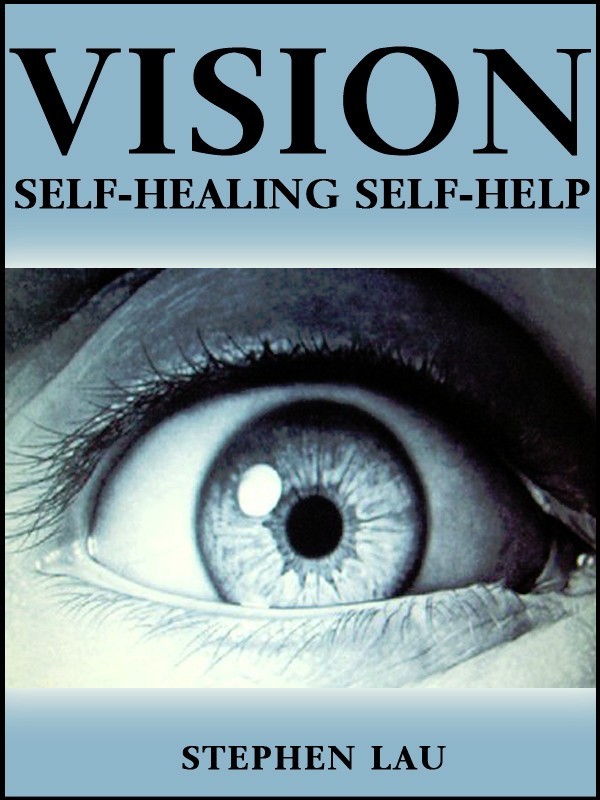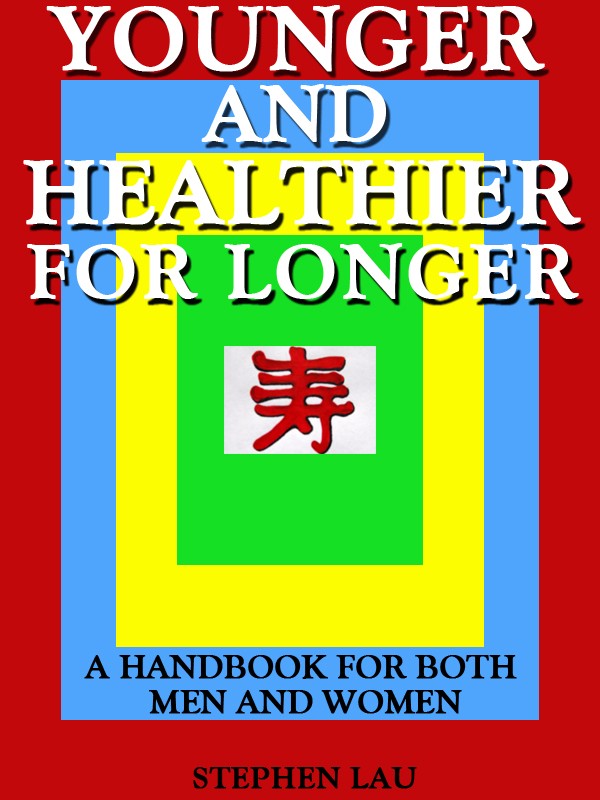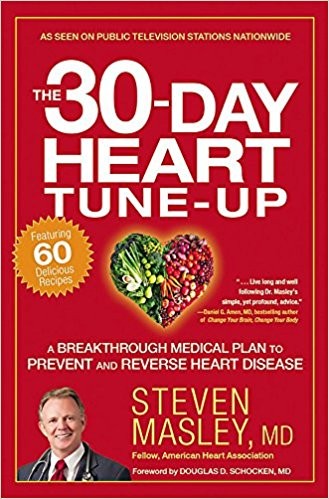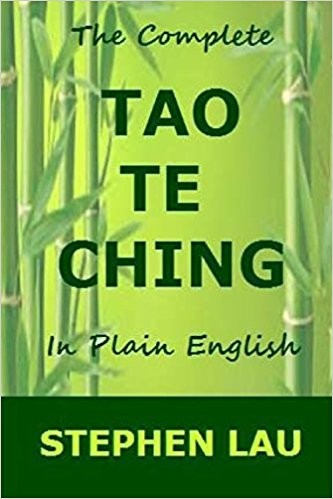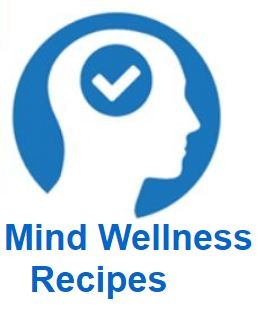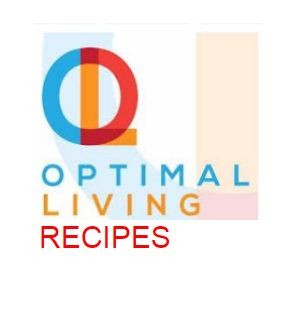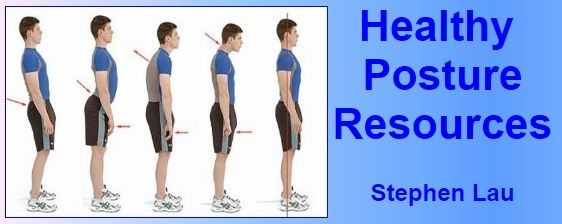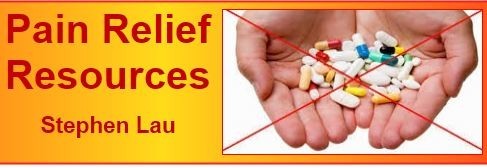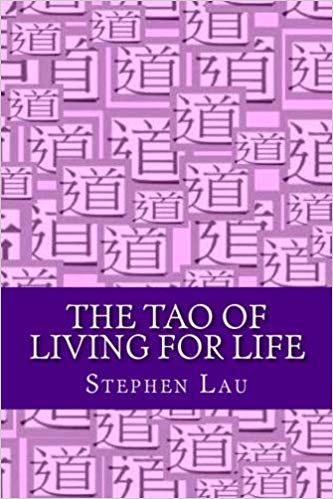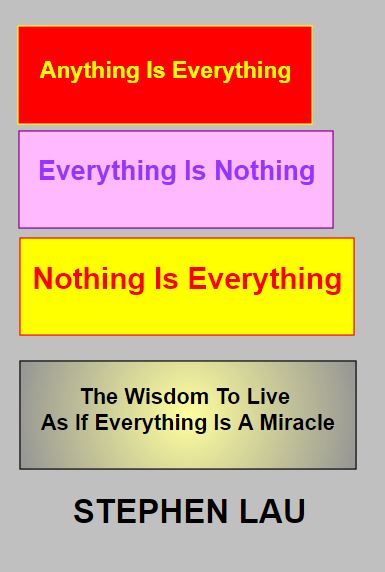
from part of a 9-foot painting by Stephen Lau



Visit
Stephen Lau's
websites:
About Stephen Lau
Health and Wisdom Tips
Wisdom in Living
Wisdom from Books
Daily Tao Wisdom
Stephen Lau's
websites:
About Stephen Lau
Health and Wisdom Tips
Wisdom in Living
Wisdom from Books
Daily Tao Wisdom
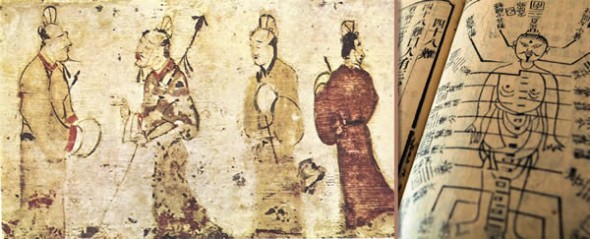
Chinese Natural Healing
Stephen Lau
Stephen Lau

THE PILLAR OF CHINESE HEALING
Stephen Lau
Stephen Lau
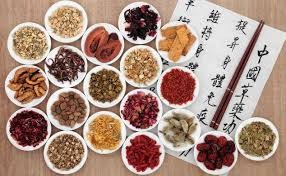
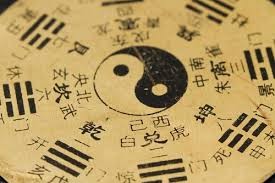

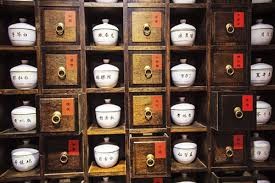
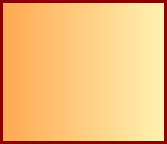
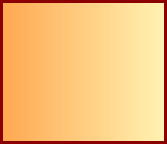
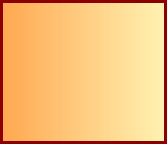
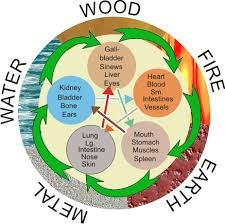
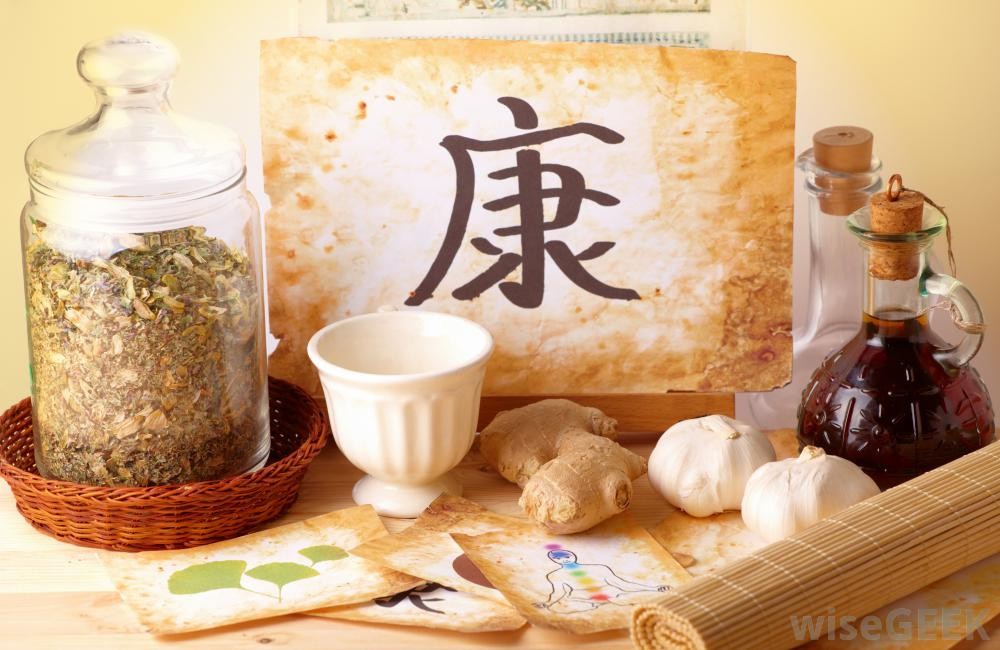
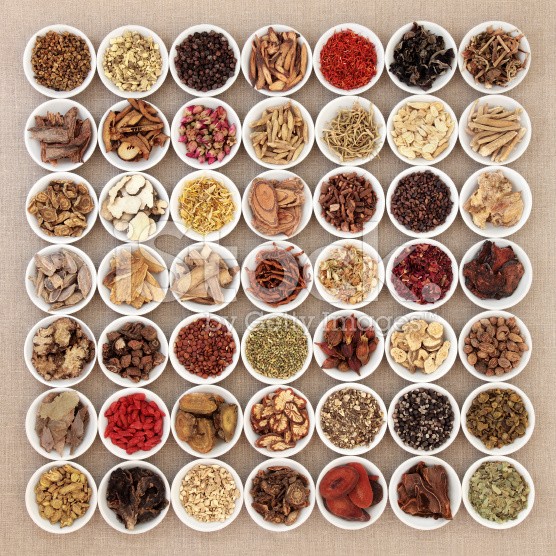
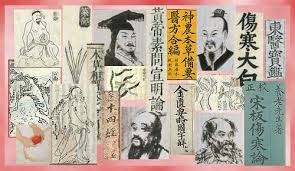
Chinese healing is based on the yin and yang healing philosophy, and the principles of the Five Elements. Their balance and harmony becomes the foundation of health rejuvenation and natural healing.
The Yin and Yang Healing Philosophy
The yin and yang healing philosophy lies in the fundamental of Chinese culture. Literally, yin and yang refer to the dark side and sunny side of a hill, respectively.
In the symbol, the dark represents yin; the white represents yang. As such, yin connotes darkness, coolness, moisture, restfulness, modesty, and descent, while yang represents brightness, warmth, dryness, activity, aggressiveness, and ascent. These are all opposite or contrasting characteristics.
In the symbol, the small black circle within the white shows that yin is always within the white yang; likewise, the small white circle within the black shows that yang is always within the black yin. In other words, all things are both yin and yang simultaneously. For example, the sea, when it is dark, deep, and still, is yin; but the sea with its rolling waves rising and crashing may become yang. Hence, all things, even when they are polar opposites, such as yin and yang, are what they are only by relativity to the other. In fact, they are inter-dependent on each other. This is the gist of the philosophy of yin and yang -- which epitomizes the Chinese thinking and way of life, and which is critical to the understanding of Chinese natural healing.
In the symbol, the thinning tail of each moving into the other represents the consistent and constant transforming of one into the other. Indeed, yin and yang are continuously and naturally transforming into each other, such as inhaling and exhaling, being active and resting, eating and excreting, nourishing and cleansing. Even the natural rhythm of your body can be described as a continuous exchange of yin and yang -- and this flow is expressed in qi, (the positive energy) within your body. For better understanding of qi, go to The Pillar of Health Rejuvenation.
For centuries, the Chinese have observed the importance of harmony, which is the key to health rejuvenation of an individual, requisite for natural healing. Oriental physicians have always believed that the imbalance of yin and yang is the primary cause of disease.
The concept of balance and harmony of life forces -- yin and yang -- is central to the Chinese healing methods that use food and herbs as medicine. In Chinese healing, disease is seen as the result of imbalance of qi (positive energy) in the body, which is essentially a reflection of the lack of harmony between yin and yang.
In Chinese healing, the balance and harmony of yin and yang is governed by the Five Elements.
The Principles of the Five Elements in Chinese Healing
The Five Elements (wood, fire, earth, metal, and water), also known as "Wu Xing" (the Five Processes), represent the five processes not only fundamental to the cycles of Nature, but also corresponding to the human body.
In Chinese healing, the term "xing" means the process in which one thing acts upon another, thereby balancing and complementing each other -- just as yin and yang do.
In relation to the Five Elements, the cycle of these five processes can be represented as follows:
Wood feeds fire. Without wood, there will be no fire.
Fire creates ashes which form earth. Without fire, earth will not exist.
The metal inside earth is heated and liquefied by fire, thereby producing water through condensation. Without metal, there will be no water.
All these five processes are therefore inter-dependent on one another for existence in the form of a cycle of Nature: water nourishes trees or wood, without which there will be no fire, and without fire, there will be no earth, and without earth, there will be no metal, and without metal, there will be no liquefaction, generating no water.
Each of the Five Elements is equally important, and each of these five processes of action and interaction is essential to the cycle of Nature, embodying these five elemental characteristics.
The Five Elements, their characteristics, and their inter-relationships with your body can be summarized as follows:
Fire
Fire is hot, ascending, and energy-giving. In Nature, the fire element corresponds to late summer.
In your body, the fire element relates to your heart (yin) and your small intestines (yang).
Just as the fire element in Nature replenishes the earth, the heart in your body supports your spleen by providing the fire energy necessary for digesting your food. But too much fire energy in the heart may result in your being over talkative, as well as having excess perspiration and nervous tension.
In Chinese healing, joy or overindulgence, if in excess, is the emotion which can create imbalance within the fire element.
Earth
Earth is growing, fertile, and productive. In Nature, the earth element corresponds to the season of summer.
In your body, the earth element relates to your stomach (yang) and your spleen (yin). Your stomach begins the process of digestive breakdown, while your spleen transforms and transports the energy from food and drink throughout your body.
Just as the earth element in Nature generates metal, your spleen supports your lungs by giving it minerals, as well as qi, the inner positive life force.
In Chinese healing, pensiveness is the emotion which can create imbalance within the earth element.
Metal
Metal is conductive. In Nature, the metal element corresponds to the season of autumn or fall.
As a conductor, the metal element relates to your lungs (yin), which move vital energy throughout your body, and your large intestines (yang), which are responsible for receiving and discharging wastes from your body.
Just as the metal element in Nature produces water, the lungs in your body support your kidneys by sending moisture which your kidney collects and stores.
In Chinese healing, sadness is the emotion which can create imbalance within the metal element.
Water
Water is descending and flowing. In Nature, the water element corresponds to the season of winter.
In your body, the water element relates to your urinary bladder (yang), and your kidneys (yin). Your bladder receives, stores, and excretes urine. Water metabolism flushes fluids throughout your body, moistening it, and then accumulating in your kidneys, which also store the essence, and serve as the root of yin and yang for your entire body.
Just as the water element in nature nourishes wood, the essence stored in your kidneys generates the blood in your liver.
In Chinese healing, fear and paranoia are the emotions which create imbalance within the water element.
Wood
Wood is strong and rooted. In Nature, the wood element corresponds to the season of spring.
In your body, the wood element relates to your liver (yin), and your gallbladder (yang). Your liver stores blood, and regulates the smooth flow of qi, the positive life force. Your gall bladder is responsible for storing and excreting bile.
Just as the wood element feeds fire, the liver blood feeds your heart.
In Chinese healing, anger is the emotion that can create imbalance within the liver, while indecisiveness is related to your gallbladder. Your liver and gallbladder are responsible for your anger. In Chinese healing, the liver is “the house of the soul.” If you have a lot of ideas and wishes but cannot put them into reality, it may be due to lack of qi in your gallbladder.
The Five Elements and Five Body Organs
In Western anatomy and physiology, body organs are seen in terms of structures and functions. But in Chinese healing, according to the Five Elements, your body organs are a network of functions and interrelationships, manifested in the balance and harmony of yin and yang expressed in your qi.
Heart
In Chinese healing, your heart, which has a relationship with your tongue, blood vessels, and external ear, belongs to the element of fire; so do your small intestines.
Your heart is associated with bitter taste, and is adversely affected by heat.
Your heart controls your emotion of joy and shock.
Symptoms of your heart dysfunction include: anxiety, chest pain, disturbed sleep, excessive perspiration, and nervousness.
Lungs
In Chinese healing, your lungs, which have a relationship with your hair, lymph, and skin, belong to the element of metal; so do your large intestines.
Your lungs are associated with spicy taste, and are affected by dryness.
Your lungs control your emotion of sadness.
Symptoms of your lung dysfunction include: coughing, dryness in nose and throat, respiratory allergies, shallow breathing, and wheezing.
Spleen
In Chinese healing, your spleen, which has a relationship with your gums, lips, and mouth, belongs to the earth element; so does your stomach.
Your spleen is associated with sweet taste, and is adversely affected by dampness.
Your spleen controls your emotion of worry.
Symptoms of your spleen dysfunction may include: abdominal bloating, bad breath, constipation, fatigue, poor digestion of food, and craving sweet and starchy foods.
Liver
In Chinese healing, your liver, which has a relationship with your eyes, nails, and tendons, belongs to the element of wood; so does your gall bladder.
Your liver is associated with sour taste, and is adversely affected by wind.
Your spleen controls your emotion of anger.
Symptoms of your liver dysfunction include: anger, depression, irregular bowel movement, migraine, stiff neck, premenstrual tension, irregular or painful menstruation, as well as intermittent pains in the ears, throat, chest, ribs, liver, and gall bladder.
Kidneys
In Chinese healing, your kidneys, which have a relationship with your anus and urethra, brain, bone and marrow, belong to the element of water; so does your bladder.
Your kidneys are associated with salty taste, and are adversely affected by cold.
Your kidneys control your emotion of fear.
Symptoms of your kidney dysfunction include: apathy, back and knee pain, difficulty in awakening in the morning, impaired hearing or vision, low libido, loss of stamina and endurance, and premature ejaculation.
The Five Elements and Health Rejuvenation
In Chinese healing, in addition to their inter-relationship and inter-dependence, the Five Elements control and restrain one another: fire controls metal, which controls wood, which controls earth, which controls water, which controls fire, thereby forming a continuous controlling cycle in Nature, which balances and harmonizes everything, including your health, for natural healing.
In Chinese healing, the balance and harmony in you body, a component of natural healing, is achieved only by the control and restrain of the Five Elements in your body.
In Nature, fire melts metal. Likewise, the blood of your heart controls the functioning of your lungs.
In Nature, metal (a blade) cuts wood. Likewise, your lungs control the blood gathered by your liver.
In Nature, wood breaks up earth through its roots. Likewise, your liver controls the digestive functions of your spleen.
In Nature, earth dams water. Likewise, your spleen controls your kidney's ability to concentrate and retain moisture.
In Nature, metal (a blade) cuts wood. Likewise, your lungs control the blood gathered by your liver.
In Nature, wood breaks up earth through its roots. Likewise, your liver controls the digestive functions of your spleen.
In Nature, earth dams water. Likewise, your spleen controls your kidney's ability to concentrate and retain moisture.
In Nature, water puts out fire. Likewise, the essence of your kidneys controls the fire of your heart.
The natural inter-restrain puts each of the Five Elements under control, just as the appropriate functioning of one organ puts the other organs under control for balance and harmony. In Chinese healing, the balance of the Five Elements is conducive to your natural healing and health rejuvenation. However, such balance may be upset by the disharmony between yin and yang in your body.
The Art and Science of the Yin and Yang Eating
To the Chinese, eating is an art and also a science: eating is more than stuffing food into the mouth to satisfy one's palette or to provide nutrients for the body.
The yin and yang eating is based on the basic principles to restore balance and eliminate imbalance. Essentially, it is a natural approach to physical, mental, and spiritual well-being through the consumption of food influenced by the forces of yin and yang, which directly impact your organs through balance and control of the Five Elements.
The yin and yang eating focuses on living in harmony with Nature with a simple balanced diet of natural food, thereby instrumental in natural healing for health rejuvenation; it plays a pivotal role in Chinese healing.
Disharmony and disease in Chinese healing
In Chinese healing, health is balance, and disease is imbalance. Disharmony is the root of pathogens.
In Chinese healing, disharmony is manifested in the following contrasting conditions, which require balance for optimum health rejuvenation:
Excess and deficient
Sudden illness is excess; chronic illness suggests deficiency.
Interior and exterior
Disharmony can originate from inside your body, such as diseases caused by deficiency, emotion or stagnation; also, disharmony can de caused by exterior factors, such as airborne viruses or bacterial infections.
Hot and cold
Your liver is hot, while your kidneys are cold. Likewise, disharmony can be hot or cold according to the way it affects your body.
Damp and dry
Swollen tissue, excess phlegm or other body fluids are examples of dampness, which promotes the growth of bacteria, virus, and fungus. Blood or yin deficiency is the cause of dryness.
Lifestyle Pathogens in Chinese Healing
The way you live is a true reflection of the philosophy of yin and yang, as expressed in excess and deficiency of the characteristics of each of the Five Elements.
Yin embraces interior, cold, as well as conditions and symptoms related to deficiency; yang embraces exterior, heat, as well as conditions and symptoms related to excess. The deficiency in yin is manifested in hot flushes, nervous exhaustion, and tension; the deficiency in yang is evidenced in backache, constipation, exhaustion, impotence, and night sweats. The excess of yin is observed in fluid retention, lethargy, mucus-forming, and shivering; the excess of yang reveals itself in bad temper, fever, headache, high blood pressure, impatience, and rapid pulse.
In Chinese healing, your lifestyle, in particular your diet, is largely responsible for the pathogens resulting from such excess or deficiency. Overeating or eating too much uncooked or cold food may weaken your spleen, thus causing diarrhea, heartburn, nausea, and vomiting. Over-indulgence in alcohol and excess of fatty or hot, pungent food may produce dampness and heat in your spleen and stomach, resulting in hypertension, cancer, or heart disease. Too little food intake may also precipitate blood and qi deficiency, leading to emaciation, lassitude, and palpitations.
In addition, lack of exercise or physical activity may cause your qi to stagnate. Regular exercise, as part of lifestyle, is critical to maintaining the flow of energy, without which you become vulnerable to pathogens. However, excessive or too energetic exercise, such as aerobic exercise, may also upset the natural pattern of harmony created in your mind and spirit by your vigorous body movements, thereby instrumental in creating pathogens as well. This may explain why Chinese exercises are more subdued and less vigorous, such as Qi Gong and Tai Chi.
Stress in daily life may often induce indigestion, leading to digestive disorders.
Eliminating Disease the Chinese Way
In Chinese healing, the basic principles to restore the balance of yin and yang and hence eliminating disease due to the imbalance, are as follows:
Any excess must be reduced.
Any deficiency must be remedied.
Any heat must be cooled.
Any cold must be warmed.
Any dryness must be moistened.
Any dampness must be dried.
In Chinese healing, your stomach is called the "sea of grain and water" where everything is assimilated. As earth element, your stomach (yang) is known to easily become dry, and so it has to be balanced or nourished by your spleen (yin) which is in charge of transforming dampness -- blood and qi -- to the rest of your body. Just as the earth assumes the position of centeredness, balance, and harmony in Nature, the spleen/stomach network is your body's center of balance. Spleen is the most important organ in restoring balance because it plays a pivotal role not only in the process of digestion but also in the production of blood and qi in your body.
Simply put, in Chinese healing, if you force yourself to eat when you are not hungry, your spleen will suffer. If you force yourself to drink when you are not thirsty, your stomach will bloat. If you eat beyond capacity, the blood vessels in which your qi circulates will become obstructed, and your body's center (stomach region) will become jammed and shut off. If you eat too little, on the other hand, your body will become emaciated, your stomach will grow anxious, and your thoughts will become unsteady. If you eat contaminated food, your heart's ability to differentiate will become blurred, and you will grow more and more restless. If you eat things that you should not eat, you will have disease.
Therefore, in Chinese healing, it is most important to consume your food at the appropriate time, to drink our fluids in regular intervals, and to avoid both overeating and hunger pains. If you eat and drink according to these simple guidelines, then not only your spleen/stomach network itself will remain unspoiled and function perfectly, but also your other body organs will all be in a harmonious state of health and well-being, preparing the groundwork for natural healing and recovery.
The capability of your spleen and stomach to transform food into nutrients is dependent on the two essential qualities of fire and water. Your spleen and stomach cannot do this by themselves. When fire is in a state of excess, your spleen and stomach will be dry; when water is in a state of excess, your spleen and stomach will be damp. Either situation will result in disharmony and disease.
Generally, eating a balanced diet of mostly grains, fruits and vegetables will restore balance in your spleen. Avoid dairy products and deep-fried foods, which are most difficult to digest. Also, eating a completely raw food diet is not recommended, despite the benefit of preserving enzymes and nutrients in eating raw. The reason is that raw foods are generally more difficult to digests than their cooked counterparts are, even though some of the enzymes and nutrients are lost in the process of cooking. This is one reason why there is no salad bar in a Chinese restaurant.
If your spleen manifests severe symptoms of deficiency, stagnation in your blood and qi, as well as acute conditions of dampness, cold and heat, the following remedies are recommended:
Qi deficiency
In Chinese healing, symptoms of qi deficiency are dizziness, fatigue, pale complexion, and shortness of breath.
Eat plenty of foods from the earth element: millet, Garbanzo bean; cabbage, carrot, parsnip, spinach, squash, yam; date, fig, orange, papaya, pineapple, strawberry; lotus seed, pine nut, pumpkin seed; eel, and little meat.
Blood deficiency
In Chinese healing, blood deficiency is essentially long-term qi deficiency with more serious symptoms of dizziness, fatigue, and palpitations.
In addition to foods from the earth element, eat cayenne pepper, carrot, dark leafy green, lotus root, mulberry leaf; grape, longan (a type of Chinese fruit); animal liver and some meat, such as chicken.
Qi stagnation
In addition to the symptoms of qi deficiency, qi stagnation may result in chest pain and white-coated tongue. Eat more beans and vegetable soup flavored with black pepper as a moving agent.
Blood stagnation
In Chinese healing, the symptoms of blood stagnation are more severe than those of qi stagnation.
Eat plenty of aduki bean, chive, eggplant, garlic, and scallion.
Dampness
In Chinese healing, dampness in your spleen is due to eating too much cold, raw food or greasy food, as well as excessive dairy and animal products, which are difficult to digest. Poor digestion leads to loose stools, loss of appetite, and a tongue with a thick white coating.
Eat foods which tend to dry dampness, such as rye, scallion, and turnip.
Balance based on food taste
Bitter (fire element) foods are generally cooling (yin), encouraging contraction and descending of energy.
Sweet (earth element) foods are generally strengthening (yang), encouraging energy to expand upward and outward.
Pungent (metal element) foods are generally warming (yang), encouraging energy to expand and move outward.
Salty (water element) foods are generally cooling (yin), encouraging energy to move inward and downward.
Sour (wood element) foods are generally cooling (yin), encouraging energy to contract and collect.
The Yin and Yang Foods in Chinese Healing
Every food has an effect on your body's metabolic temperature, which is different from your body temperature, and which is the heat energy generated through all your organ systems from the food you eat as well as from your digestive system. Some foods, such as tofu or ice cream, produce a characteristic internal cold. Others, such as ginger or chicken, generate internal heat. If you eat too much warming food, you increase the chance that your condition will become too warm. If it does, you might come down with a "hot" illness. Some colds, for example, marked by a dry or sore throat, fever, and sweating, can be caused by too much heat. The way to help correct the underlying imbalance that brought on that condition is to eat more cooling foods.
For example, to treat too much cold in your body requires the following "warming" remedies:
Select your foods mostly from "hot," "warm," and "neutral" foods, such as garlic, ginger, green chive, pepper, pumpkin, apple, onion, and mutton (lamb).
Prepare soup from the following ingredients: two teaspoons of ginger; two teaspoons of scallion stalk; and one tablespoon of organic molasses.
Make a bowl of porridge from the following ingredients: a small fresh pumpkin; one cup of millet; three cups of water.
The first step toward remedying a condition -- whether it is acute or chronic -- is to add the proper balancing foods to your daily diet.
Buddhist Philosophy of Health Rejuvenation in Natural Healing
The Buddhist philosophy of health rejuvenation and natural healing is simple: balance and harmony.
When your body receives the necessary nutrients from pure, whole foods, it has the ability to bring itself back into balance, thereby attaining self-healing.
When you give your body a drug that replaces a substance your body is capable of making itself, your body then becomes weaker, and begins not only to manufacture less of that substance but also to become more dependent on the outside source, which is usually the drug. No drug can give you insight into the circumstances that created your problems. At best, it can only temporarily assuage the physical pain created by your situation. Remember, there are no miracle drugs, only wholesome self-healing. No drug can give you insight into the circumstances that created your problems.
To illustrate, your reaction to stress may result in a headache, an allergy, or an angry outburst. All these responses epitomize your problems in the wood element. If you treat your headache with a drug, be it Advil or Tylenol, you deprive yourself the opportunity of bringing your wood element back into balance, and many undesirable symptoms would persist, if not repeat themselves.
What you need, instead, is a real look at the source of your inability to attain the balance in your body, mind, and spirit. If you feed the gland or that part of your body that is weak with the right combination of foods or nutrients, you make it stronger. Your goal is to bring it back into balance so that it can begin to make the required substance in the desired amount. This is where yin and yang diet plays a significant role.
Buddha once said "There are nine causes for the premature, unexpected end to human life. The first five of these are related to one’s diet; and the rest are related to one's improper conduct."
The five causes related to diet are:
One should not eat what should not be eaten.
One should not overeat.
One should not eat contrary to custom.
One should not eat when one has not digested one’s previous meal.
One should not retain undigested food in one’s body.
Buddha’s wisdom underscores the rejuvenation of the yin and yang foods through balance, harmony, and moderation.
Stephen Lau
Copyright© by Stephen Lau
Return to Home Page.
The Yin and Yang Healing Philosophy
The yin and yang healing philosophy lies in the fundamental of Chinese culture. Literally, yin and yang refer to the dark side and sunny side of a hill, respectively.
In the symbol, the dark represents yin; the white represents yang. As such, yin connotes darkness, coolness, moisture, restfulness, modesty, and descent, while yang represents brightness, warmth, dryness, activity, aggressiveness, and ascent. These are all opposite or contrasting characteristics.
In the symbol, the small black circle within the white shows that yin is always within the white yang; likewise, the small white circle within the black shows that yang is always within the black yin. In other words, all things are both yin and yang simultaneously. For example, the sea, when it is dark, deep, and still, is yin; but the sea with its rolling waves rising and crashing may become yang. Hence, all things, even when they are polar opposites, such as yin and yang, are what they are only by relativity to the other. In fact, they are inter-dependent on each other. This is the gist of the philosophy of yin and yang -- which epitomizes the Chinese thinking and way of life, and which is critical to the understanding of Chinese natural healing.
In the symbol, the thinning tail of each moving into the other represents the consistent and constant transforming of one into the other. Indeed, yin and yang are continuously and naturally transforming into each other, such as inhaling and exhaling, being active and resting, eating and excreting, nourishing and cleansing. Even the natural rhythm of your body can be described as a continuous exchange of yin and yang -- and this flow is expressed in qi, (the positive energy) within your body. For better understanding of qi, go to The Pillar of Health Rejuvenation.
For centuries, the Chinese have observed the importance of harmony, which is the key to health rejuvenation of an individual, requisite for natural healing. Oriental physicians have always believed that the imbalance of yin and yang is the primary cause of disease.
The concept of balance and harmony of life forces -- yin and yang -- is central to the Chinese healing methods that use food and herbs as medicine. In Chinese healing, disease is seen as the result of imbalance of qi (positive energy) in the body, which is essentially a reflection of the lack of harmony between yin and yang.
In Chinese healing, the balance and harmony of yin and yang is governed by the Five Elements.
The Principles of the Five Elements in Chinese Healing
The Five Elements (wood, fire, earth, metal, and water), also known as "Wu Xing" (the Five Processes), represent the five processes not only fundamental to the cycles of Nature, but also corresponding to the human body.
In Chinese healing, the term "xing" means the process in which one thing acts upon another, thereby balancing and complementing each other -- just as yin and yang do.
In relation to the Five Elements, the cycle of these five processes can be represented as follows:
Wood feeds fire. Without wood, there will be no fire.
Fire creates ashes which form earth. Without fire, earth will not exist.
The metal inside earth is heated and liquefied by fire, thereby producing water through condensation. Without metal, there will be no water.
All these five processes are therefore inter-dependent on one another for existence in the form of a cycle of Nature: water nourishes trees or wood, without which there will be no fire, and without fire, there will be no earth, and without earth, there will be no metal, and without metal, there will be no liquefaction, generating no water.
Each of the Five Elements is equally important, and each of these five processes of action and interaction is essential to the cycle of Nature, embodying these five elemental characteristics.
The Five Elements, their characteristics, and their inter-relationships with your body can be summarized as follows:
Fire
Fire is hot, ascending, and energy-giving. In Nature, the fire element corresponds to late summer.
In your body, the fire element relates to your heart (yin) and your small intestines (yang).
Just as the fire element in Nature replenishes the earth, the heart in your body supports your spleen by providing the fire energy necessary for digesting your food. But too much fire energy in the heart may result in your being over talkative, as well as having excess perspiration and nervous tension.
In Chinese healing, joy or overindulgence, if in excess, is the emotion which can create imbalance within the fire element.
Earth
Earth is growing, fertile, and productive. In Nature, the earth element corresponds to the season of summer.
In your body, the earth element relates to your stomach (yang) and your spleen (yin). Your stomach begins the process of digestive breakdown, while your spleen transforms and transports the energy from food and drink throughout your body.
Just as the earth element in Nature generates metal, your spleen supports your lungs by giving it minerals, as well as qi, the inner positive life force.
In Chinese healing, pensiveness is the emotion which can create imbalance within the earth element.
Metal
Metal is conductive. In Nature, the metal element corresponds to the season of autumn or fall.
As a conductor, the metal element relates to your lungs (yin), which move vital energy throughout your body, and your large intestines (yang), which are responsible for receiving and discharging wastes from your body.
Just as the metal element in Nature produces water, the lungs in your body support your kidneys by sending moisture which your kidney collects and stores.
In Chinese healing, sadness is the emotion which can create imbalance within the metal element.
Water
Water is descending and flowing. In Nature, the water element corresponds to the season of winter.
In your body, the water element relates to your urinary bladder (yang), and your kidneys (yin). Your bladder receives, stores, and excretes urine. Water metabolism flushes fluids throughout your body, moistening it, and then accumulating in your kidneys, which also store the essence, and serve as the root of yin and yang for your entire body.
Just as the water element in nature nourishes wood, the essence stored in your kidneys generates the blood in your liver.
In Chinese healing, fear and paranoia are the emotions which create imbalance within the water element.
Wood
Wood is strong and rooted. In Nature, the wood element corresponds to the season of spring.
In your body, the wood element relates to your liver (yin), and your gallbladder (yang). Your liver stores blood, and regulates the smooth flow of qi, the positive life force. Your gall bladder is responsible for storing and excreting bile.
Just as the wood element feeds fire, the liver blood feeds your heart.
In Chinese healing, anger is the emotion that can create imbalance within the liver, while indecisiveness is related to your gallbladder. Your liver and gallbladder are responsible for your anger. In Chinese healing, the liver is “the house of the soul.” If you have a lot of ideas and wishes but cannot put them into reality, it may be due to lack of qi in your gallbladder.
The Five Elements and Five Body Organs
In Western anatomy and physiology, body organs are seen in terms of structures and functions. But in Chinese healing, according to the Five Elements, your body organs are a network of functions and interrelationships, manifested in the balance and harmony of yin and yang expressed in your qi.
Heart
In Chinese healing, your heart, which has a relationship with your tongue, blood vessels, and external ear, belongs to the element of fire; so do your small intestines.
Your heart is associated with bitter taste, and is adversely affected by heat.
Your heart controls your emotion of joy and shock.
Symptoms of your heart dysfunction include: anxiety, chest pain, disturbed sleep, excessive perspiration, and nervousness.
Lungs
In Chinese healing, your lungs, which have a relationship with your hair, lymph, and skin, belong to the element of metal; so do your large intestines.
Your lungs are associated with spicy taste, and are affected by dryness.
Your lungs control your emotion of sadness.
Symptoms of your lung dysfunction include: coughing, dryness in nose and throat, respiratory allergies, shallow breathing, and wheezing.
Spleen
In Chinese healing, your spleen, which has a relationship with your gums, lips, and mouth, belongs to the earth element; so does your stomach.
Your spleen is associated with sweet taste, and is adversely affected by dampness.
Your spleen controls your emotion of worry.
Symptoms of your spleen dysfunction may include: abdominal bloating, bad breath, constipation, fatigue, poor digestion of food, and craving sweet and starchy foods.
Liver
In Chinese healing, your liver, which has a relationship with your eyes, nails, and tendons, belongs to the element of wood; so does your gall bladder.
Your liver is associated with sour taste, and is adversely affected by wind.
Your spleen controls your emotion of anger.
Symptoms of your liver dysfunction include: anger, depression, irregular bowel movement, migraine, stiff neck, premenstrual tension, irregular or painful menstruation, as well as intermittent pains in the ears, throat, chest, ribs, liver, and gall bladder.
Kidneys
In Chinese healing, your kidneys, which have a relationship with your anus and urethra, brain, bone and marrow, belong to the element of water; so does your bladder.
Your kidneys are associated with salty taste, and are adversely affected by cold.
Your kidneys control your emotion of fear.
Symptoms of your kidney dysfunction include: apathy, back and knee pain, difficulty in awakening in the morning, impaired hearing or vision, low libido, loss of stamina and endurance, and premature ejaculation.
The Five Elements and Health Rejuvenation
In Chinese healing, in addition to their inter-relationship and inter-dependence, the Five Elements control and restrain one another: fire controls metal, which controls wood, which controls earth, which controls water, which controls fire, thereby forming a continuous controlling cycle in Nature, which balances and harmonizes everything, including your health, for natural healing.
In Chinese healing, the balance and harmony in you body, a component of natural healing, is achieved only by the control and restrain of the Five Elements in your body.
In Nature, fire melts metal. Likewise, the blood of your heart controls the functioning of your lungs.
In Nature, metal (a blade) cuts wood. Likewise, your lungs control the blood gathered by your liver.
In Nature, wood breaks up earth through its roots. Likewise, your liver controls the digestive functions of your spleen.
In Nature, earth dams water. Likewise, your spleen controls your kidney's ability to concentrate and retain moisture.
In Nature, metal (a blade) cuts wood. Likewise, your lungs control the blood gathered by your liver.
In Nature, wood breaks up earth through its roots. Likewise, your liver controls the digestive functions of your spleen.
In Nature, earth dams water. Likewise, your spleen controls your kidney's ability to concentrate and retain moisture.
In Nature, water puts out fire. Likewise, the essence of your kidneys controls the fire of your heart.
The natural inter-restrain puts each of the Five Elements under control, just as the appropriate functioning of one organ puts the other organs under control for balance and harmony. In Chinese healing, the balance of the Five Elements is conducive to your natural healing and health rejuvenation. However, such balance may be upset by the disharmony between yin and yang in your body.
The Art and Science of the Yin and Yang Eating
To the Chinese, eating is an art and also a science: eating is more than stuffing food into the mouth to satisfy one's palette or to provide nutrients for the body.
The yin and yang eating is based on the basic principles to restore balance and eliminate imbalance. Essentially, it is a natural approach to physical, mental, and spiritual well-being through the consumption of food influenced by the forces of yin and yang, which directly impact your organs through balance and control of the Five Elements.
The yin and yang eating focuses on living in harmony with Nature with a simple balanced diet of natural food, thereby instrumental in natural healing for health rejuvenation; it plays a pivotal role in Chinese healing.
Disharmony and disease in Chinese healing
In Chinese healing, health is balance, and disease is imbalance. Disharmony is the root of pathogens.
In Chinese healing, disharmony is manifested in the following contrasting conditions, which require balance for optimum health rejuvenation:
Excess and deficient
Sudden illness is excess; chronic illness suggests deficiency.
Interior and exterior
Disharmony can originate from inside your body, such as diseases caused by deficiency, emotion or stagnation; also, disharmony can de caused by exterior factors, such as airborne viruses or bacterial infections.
Hot and cold
Your liver is hot, while your kidneys are cold. Likewise, disharmony can be hot or cold according to the way it affects your body.
Damp and dry
Swollen tissue, excess phlegm or other body fluids are examples of dampness, which promotes the growth of bacteria, virus, and fungus. Blood or yin deficiency is the cause of dryness.
Lifestyle Pathogens in Chinese Healing
The way you live is a true reflection of the philosophy of yin and yang, as expressed in excess and deficiency of the characteristics of each of the Five Elements.
Yin embraces interior, cold, as well as conditions and symptoms related to deficiency; yang embraces exterior, heat, as well as conditions and symptoms related to excess. The deficiency in yin is manifested in hot flushes, nervous exhaustion, and tension; the deficiency in yang is evidenced in backache, constipation, exhaustion, impotence, and night sweats. The excess of yin is observed in fluid retention, lethargy, mucus-forming, and shivering; the excess of yang reveals itself in bad temper, fever, headache, high blood pressure, impatience, and rapid pulse.
In Chinese healing, your lifestyle, in particular your diet, is largely responsible for the pathogens resulting from such excess or deficiency. Overeating or eating too much uncooked or cold food may weaken your spleen, thus causing diarrhea, heartburn, nausea, and vomiting. Over-indulgence in alcohol and excess of fatty or hot, pungent food may produce dampness and heat in your spleen and stomach, resulting in hypertension, cancer, or heart disease. Too little food intake may also precipitate blood and qi deficiency, leading to emaciation, lassitude, and palpitations.
In addition, lack of exercise or physical activity may cause your qi to stagnate. Regular exercise, as part of lifestyle, is critical to maintaining the flow of energy, without which you become vulnerable to pathogens. However, excessive or too energetic exercise, such as aerobic exercise, may also upset the natural pattern of harmony created in your mind and spirit by your vigorous body movements, thereby instrumental in creating pathogens as well. This may explain why Chinese exercises are more subdued and less vigorous, such as Qi Gong and Tai Chi.
Stress in daily life may often induce indigestion, leading to digestive disorders.
Eliminating Disease the Chinese Way
In Chinese healing, the basic principles to restore the balance of yin and yang and hence eliminating disease due to the imbalance, are as follows:
Any excess must be reduced.
Any deficiency must be remedied.
Any heat must be cooled.
Any cold must be warmed.
Any dryness must be moistened.
Any dampness must be dried.
In Chinese healing, your stomach is called the "sea of grain and water" where everything is assimilated. As earth element, your stomach (yang) is known to easily become dry, and so it has to be balanced or nourished by your spleen (yin) which is in charge of transforming dampness -- blood and qi -- to the rest of your body. Just as the earth assumes the position of centeredness, balance, and harmony in Nature, the spleen/stomach network is your body's center of balance. Spleen is the most important organ in restoring balance because it plays a pivotal role not only in the process of digestion but also in the production of blood and qi in your body.
Simply put, in Chinese healing, if you force yourself to eat when you are not hungry, your spleen will suffer. If you force yourself to drink when you are not thirsty, your stomach will bloat. If you eat beyond capacity, the blood vessels in which your qi circulates will become obstructed, and your body's center (stomach region) will become jammed and shut off. If you eat too little, on the other hand, your body will become emaciated, your stomach will grow anxious, and your thoughts will become unsteady. If you eat contaminated food, your heart's ability to differentiate will become blurred, and you will grow more and more restless. If you eat things that you should not eat, you will have disease.
Therefore, in Chinese healing, it is most important to consume your food at the appropriate time, to drink our fluids in regular intervals, and to avoid both overeating and hunger pains. If you eat and drink according to these simple guidelines, then not only your spleen/stomach network itself will remain unspoiled and function perfectly, but also your other body organs will all be in a harmonious state of health and well-being, preparing the groundwork for natural healing and recovery.
The capability of your spleen and stomach to transform food into nutrients is dependent on the two essential qualities of fire and water. Your spleen and stomach cannot do this by themselves. When fire is in a state of excess, your spleen and stomach will be dry; when water is in a state of excess, your spleen and stomach will be damp. Either situation will result in disharmony and disease.
Generally, eating a balanced diet of mostly grains, fruits and vegetables will restore balance in your spleen. Avoid dairy products and deep-fried foods, which are most difficult to digest. Also, eating a completely raw food diet is not recommended, despite the benefit of preserving enzymes and nutrients in eating raw. The reason is that raw foods are generally more difficult to digests than their cooked counterparts are, even though some of the enzymes and nutrients are lost in the process of cooking. This is one reason why there is no salad bar in a Chinese restaurant.
If your spleen manifests severe symptoms of deficiency, stagnation in your blood and qi, as well as acute conditions of dampness, cold and heat, the following remedies are recommended:
Qi deficiency
In Chinese healing, symptoms of qi deficiency are dizziness, fatigue, pale complexion, and shortness of breath.
Eat plenty of foods from the earth element: millet, Garbanzo bean; cabbage, carrot, parsnip, spinach, squash, yam; date, fig, orange, papaya, pineapple, strawberry; lotus seed, pine nut, pumpkin seed; eel, and little meat.
Blood deficiency
In Chinese healing, blood deficiency is essentially long-term qi deficiency with more serious symptoms of dizziness, fatigue, and palpitations.
In addition to foods from the earth element, eat cayenne pepper, carrot, dark leafy green, lotus root, mulberry leaf; grape, longan (a type of Chinese fruit); animal liver and some meat, such as chicken.
Qi stagnation
In addition to the symptoms of qi deficiency, qi stagnation may result in chest pain and white-coated tongue. Eat more beans and vegetable soup flavored with black pepper as a moving agent.
Blood stagnation
In Chinese healing, the symptoms of blood stagnation are more severe than those of qi stagnation.
Eat plenty of aduki bean, chive, eggplant, garlic, and scallion.
Dampness
In Chinese healing, dampness in your spleen is due to eating too much cold, raw food or greasy food, as well as excessive dairy and animal products, which are difficult to digest. Poor digestion leads to loose stools, loss of appetite, and a tongue with a thick white coating.
Eat foods which tend to dry dampness, such as rye, scallion, and turnip.
Balance based on food taste
Bitter (fire element) foods are generally cooling (yin), encouraging contraction and descending of energy.
Sweet (earth element) foods are generally strengthening (yang), encouraging energy to expand upward and outward.
Pungent (metal element) foods are generally warming (yang), encouraging energy to expand and move outward.
Salty (water element) foods are generally cooling (yin), encouraging energy to move inward and downward.
Sour (wood element) foods are generally cooling (yin), encouraging energy to contract and collect.
The Yin and Yang Foods in Chinese Healing
Every food has an effect on your body's metabolic temperature, which is different from your body temperature, and which is the heat energy generated through all your organ systems from the food you eat as well as from your digestive system. Some foods, such as tofu or ice cream, produce a characteristic internal cold. Others, such as ginger or chicken, generate internal heat. If you eat too much warming food, you increase the chance that your condition will become too warm. If it does, you might come down with a "hot" illness. Some colds, for example, marked by a dry or sore throat, fever, and sweating, can be caused by too much heat. The way to help correct the underlying imbalance that brought on that condition is to eat more cooling foods.
For example, to treat too much cold in your body requires the following "warming" remedies:
Select your foods mostly from "hot," "warm," and "neutral" foods, such as garlic, ginger, green chive, pepper, pumpkin, apple, onion, and mutton (lamb).
Prepare soup from the following ingredients: two teaspoons of ginger; two teaspoons of scallion stalk; and one tablespoon of organic molasses.
Make a bowl of porridge from the following ingredients: a small fresh pumpkin; one cup of millet; three cups of water.
The first step toward remedying a condition -- whether it is acute or chronic -- is to add the proper balancing foods to your daily diet.
Buddhist Philosophy of Health Rejuvenation in Natural Healing
The Buddhist philosophy of health rejuvenation and natural healing is simple: balance and harmony.
When your body receives the necessary nutrients from pure, whole foods, it has the ability to bring itself back into balance, thereby attaining self-healing.
When you give your body a drug that replaces a substance your body is capable of making itself, your body then becomes weaker, and begins not only to manufacture less of that substance but also to become more dependent on the outside source, which is usually the drug. No drug can give you insight into the circumstances that created your problems. At best, it can only temporarily assuage the physical pain created by your situation. Remember, there are no miracle drugs, only wholesome self-healing. No drug can give you insight into the circumstances that created your problems.
To illustrate, your reaction to stress may result in a headache, an allergy, or an angry outburst. All these responses epitomize your problems in the wood element. If you treat your headache with a drug, be it Advil or Tylenol, you deprive yourself the opportunity of bringing your wood element back into balance, and many undesirable symptoms would persist, if not repeat themselves.
What you need, instead, is a real look at the source of your inability to attain the balance in your body, mind, and spirit. If you feed the gland or that part of your body that is weak with the right combination of foods or nutrients, you make it stronger. Your goal is to bring it back into balance so that it can begin to make the required substance in the desired amount. This is where yin and yang diet plays a significant role.
Buddha once said "There are nine causes for the premature, unexpected end to human life. The first five of these are related to one’s diet; and the rest are related to one's improper conduct."
The five causes related to diet are:
One should not eat what should not be eaten.
One should not overeat.
One should not eat contrary to custom.
One should not eat when one has not digested one’s previous meal.
One should not retain undigested food in one’s body.
Buddha’s wisdom underscores the rejuvenation of the yin and yang foods through balance, harmony, and moderation.
Stephen Lau
Copyright© by Stephen Lau
Return to Home Page.
